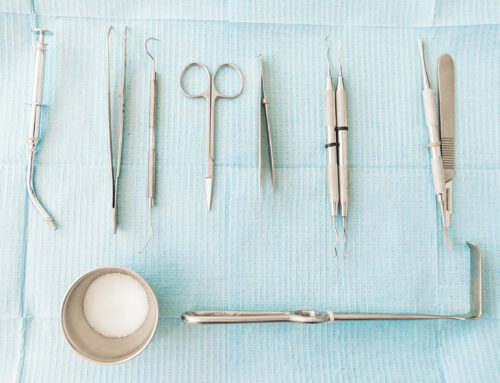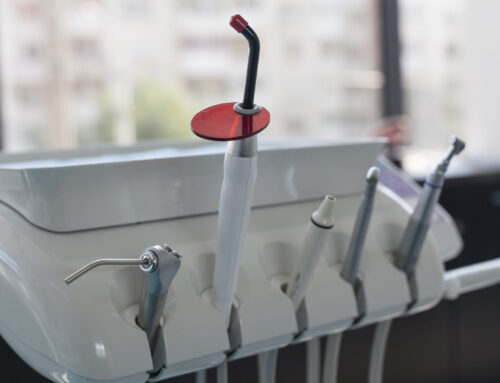Bad breath is one thing that can not only feel uncomfortable but also cause anxiety when in social situations. There are tips and tricks to improve oral hygiene, but there are also many myths about bad breath. Which ones are true, and what can you do to improve oral health and prevent bad breath? We are here to separate myths from facts about what causes bad breath and how to adjust routines to maintain good oral hygiene.
Causes
The leading cause of bad breath is poor oral hygiene. Neglecting to brush and floss your teeth can leave particles of food and bacteria in your mouth, causing a foul smell. Bad breath mainly emanates from the back of your tongue. If regular care does not solve the issue, there could be something more serious going on in your mouth that will require professional diagnosis and treatment.
There are many possible causes of bad breath, including:
- Food particles in and around your teeth cause bacteria to grow and bring a foul odor. Onions, garlic, and other spices cause bad breath, even after digesting them. After digestion, the food can enter your bloodstream and be carried to your lungs, affecting the scent of your breath.
- Tobacco or smoking causes a mouth odor, but smokers and tobacco users are more susceptible to gum disease, which is another reason for bad breath.
- Dry mouth or xerostomia can be another cause of bad breath because saliva production is reduced. Saliva helps clean your mouth by removing food particles and bacteria.
- Medications can sometimes list bad breath as a side effect of consuming it. Chemicals within them can be carried in the bloodstream and affects your breath, while others cause dry mouth.
- Surgical wounds cause infections in your mouth after tooth removal or oral surgery.
- Other things like gum disease, mouth sores, some cancers, or gastroesophageal reflux also cause bad breath.
Bad breath odors vary depending on the underlying cause or source. Some people know what their breath smells like, while others may not.
Prevention
Consistent oral hygiene is critical in preventing bad breath and maintaining oral health. There are many myths about bad breath; know which ones are true and what you can do to improve oral health and prevent bad breath. Please make yourself aware of the best practices for your home routines.
Brushing your teeth for the recommended 2 minutes twice a day alone can reduce breath odors. Flossing is one habit that is often overlooked but can be critical in removing food particles causing bacteria growth between your teeth. When brushing and flossing, brush your tongue as well. Your tongue is an excellent place for bacteria to grow; taking special care in brushing that area in your mouth can remove that bacteria. Keeping your mouth moist by avoiding coffee, tobacco, or alcohol can regulate saliva production and keep your mouth moist to flush bacteria. If you have dentures, be sure to clean them thoroughly while outside your mouth. Making simple changes to your diet, like cutting out sugary foods or drinking more water, can help minimize odors. Making minor changes to your routines or habits can promote better-smelling breath, but if you see little to no improvement, it might be time to discuss it with Dr. Evans or Dr. Goold.
With the many misconceptions about bad breath, weigh treatment options with a professional. We at Gentle Dentistry would be happy to help assess your current issue.
If you are concerned about your breath or oral hygiene, contact Dr. Evans or Dr. Goold with Gentle Dentistry to schedule an appointment to evaluate your treatment options.




